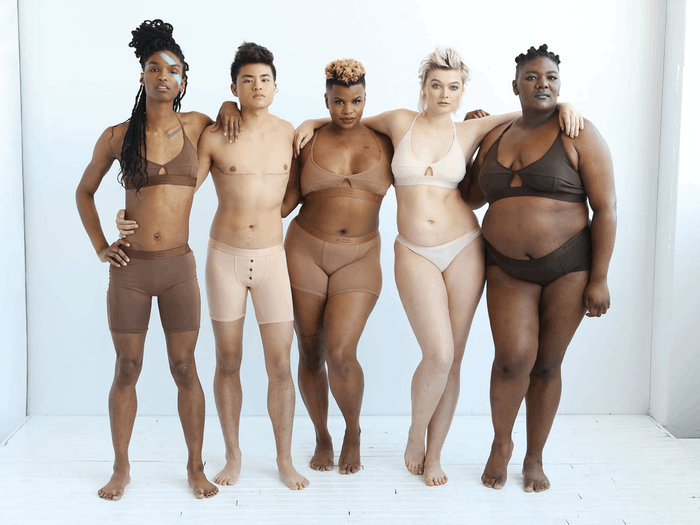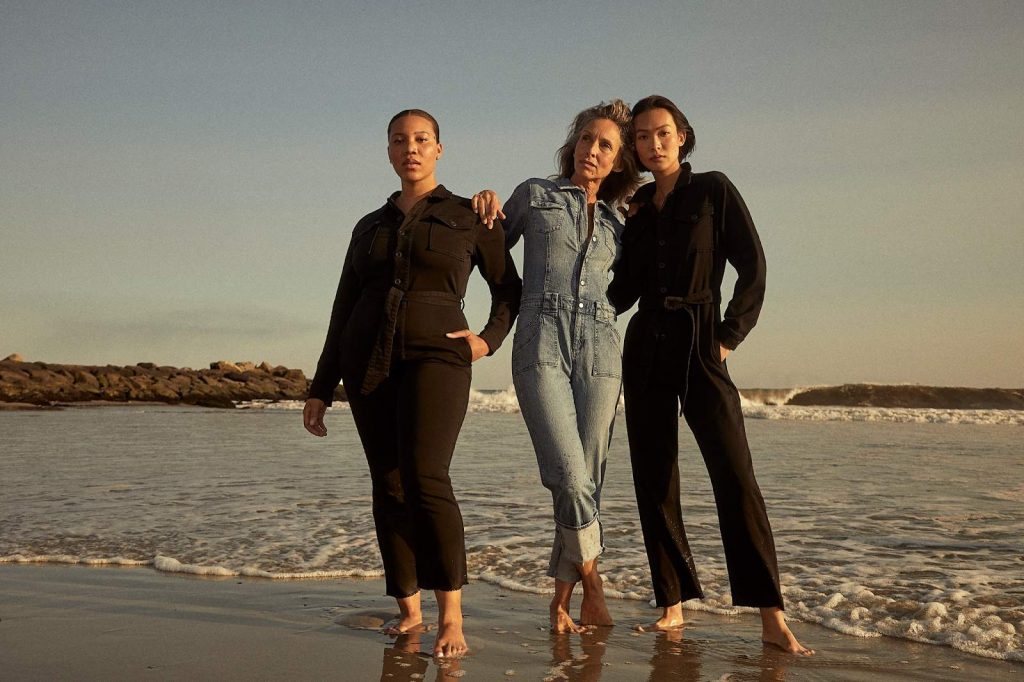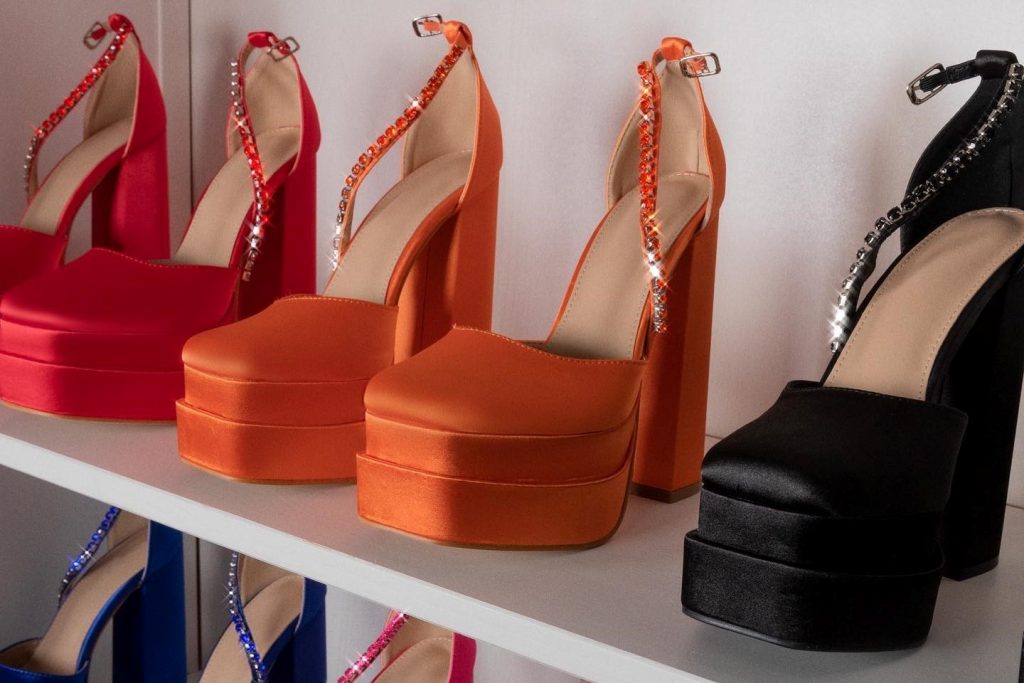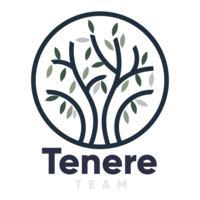Women in sustainability have been a big thing in recent years as they play a crucial role in the development of ethical businesses. There exist thousands of brands owned by women, and they don’t receive as much recognition as they deserve. These extraordinary companies provide shoppers with high-quality and unique products that you can hardly find anywhere else. In this article, we want to highlight the 5 women-owned sustainable brands whose efforts have been known across the world.
TomboyX
In 2013, Fran Dunaway and Naomi Gonzalez developed TomboyX, one of the most famous values-driven and women-owned sustainable brands that focus inclusively on underwear. TomboyX creates products made entirely of cotton textiles that are safe for both users and the environment.

The organic cotton is devoid of the chemicals that are commonly present in other items. Ecologically friendly tree nurseries are the ones providing the supplies for TomboyX. During the textile manufacturing process, the firm also recycles water.
TomboyX is a motivating, long-term women-owned business founded on ethical principles. The creators wanted a brand that looks well on people of all shapes and sizes. The gender-inclusive brand seeks to include all individuals in its image while also improving the environment.
Cuyana

Cuyana’s main philosophy is “fewer, better”. Through carefully selected materials, exact shapes, and meticulous attention to detail, they create timeless designs for the modern lady. Each piece is handcrafted by talented artisans in Europe, South America, China, and the United States, and is made with honesty and care from the highest-quality materials.
Karla, along with co-founder and CXO Shilpa Shah founded Cuyana with the goal of developing a worldwide design company that encourages conscious purchase via well-crafted products.
They help clients purchase fewer high-quality products instead of buying tons of low-quality ones. All Cuyana’s customers love and enjoy their high-quality goods for years to come, based on the principle of “fewer, better.”
Shilpa, on the other hand, was drawn to Cuyana because of the potential to produce meaningful, high-quality items with a compelling story. This has pushed Cuyana to become one of the most powerful women-owned sustainable brands in recent years. Shilpa has over 15 years of experience creating online and mobile interfaces for Fortune 500 organizations such as Disney, AT&T, and Sun Microsystems. Having started her career in Interaction Design, she received her MBA from the UC Berkeley Haas School of Business in 2012. Shilpa is also dedicated to fostering a culture of empowerment that honors modern women.
Warp + Weft

Other businesses may be experimenting with inclusive sizing, but Warp + Weft was founded on it. Sarah Ahmed, the brand’s founder, and CEO, created it with the goal of “creating jeans for everyone and everybody,” and customers are taking notice. Being among the 50 most influential people in denim today, Sara Ahmed aimed to push the company toward zero-waste production in the near future.
The brand’s designs target people who require effortless fashion, those that need on the go. She also enjoys interpreting runway trends into something that consumers will be delighted to engage in and feel at ease wearing in their daily life.
The designer was included in Forbes’ 30 Under 30 list in 2018, with the brand generating more than $2.5 million in revenue less than a year after its start.
While Warp + Weft’s initial concentration was on jeans, it is now expanding. Ahmed announced the launch of the brand’s inclusive intimates collection in July, promising that it will “service our consumers in the same manner that our jeans do”. The collection includes clothing that meets the brand’s sustainability and inclusion goals.
SOKO

Soko, a San Francisco-based firm, uses technology to link internet shoppers with smart, fashionable jewelry made by international jewelry artists in disadvantaged countries.
Soko, founded by Gwendolyn Floyd, Catherine Mahugu, and Ella Peinovich, has created a patented smartphone commerce software that turns the phone into a tool that connects global artisans in underserved regions to worldwide markets.
As a consequence, the company’s website offers a variety of cheap, attractive jewelry that is ethically created in Kenya using sustainable materials. Soko’s mission is to ‘change the fashion business for good, one accessory at a time,’ in the spirit of social entrepreneurship outreach to developing areas.
Soko employs around 1,300 Kenyan craftspeople. Due to increased publicity for their products, many jewelers make up to four times what they would typically earn. What’s more, the brand also has a well-designed mobile app. This helps consumers spend less while artists can earn more due to the app’s utilities. The company’s dedication to ethical manufacturing and social effect is woven into the fabric of its operations, resulting in ethical fast fashion.
LOLA

LOLA starts critical dialogues about sexual and menstrual health, and she does so consistently. The LOLA duo—Jordana Kier and Alexandra Friedman—ensures only high-quality, natural components in their period cups and cotton tampons. You won’t find any toxins, dyes, or synthetic fibers in their products.
In addition, as part of its campaign for menstruation fairness, it has given over 6 million items (and counting!). They produce period and sexual wellness products with high standards. There are no unidentified components. The products are very versatile and there are so many options for personalization.
What’s more, their products’ components are 100% non-toxic, and completely safe to the environment, so you can rest assured about their qualities.
Unlike men, women suffer from menstruation and other sexual hardship each day. That’s where LOLA comes in. They provide a safe haven for ladies of all ages to be contented and at ease with their sexual and menstrual needs. LOLA also has a Period Support Group and The Spot, which are their forum and blog section where you can ask for help and find more information about your own menstrual and sexual health.
Summary
Through diversity, inclusiveness, advocacy, and sustainability, women-owned companies play an important role in value-driven professions. Despite this, women, as well as BIPOC-owned businesses haven’t received nearly as much attention as they deserve.
However, we have seen great changes in recent years. More and more women-owned brands have climbed to the top of the ladder and gained success due to their immense efforts.
The 5 women-owned sustainable brands mentioned above are just a few examples of companies aiming for more ethical business practices. They will be the role model for future brands to focus on people and the earth rather than profit and exploitation.
For more discussion about the topic, stay tuned with Tenere’s blog page.









